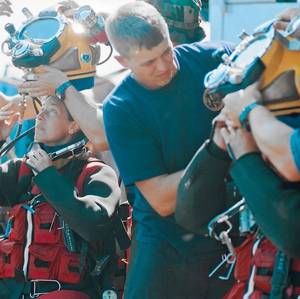
By Captain Bobbie Scolley, U.S. Navy (ret.) and Rear Admiral Tim Gallaudet, U.S. Navy (ret.)For more than six decades, spanning from 1905 to the late 1970s, the U.S. Navy’s diving apparatus for deep ocean operations and salvage remained fundamentally unchanged. During this period, the demographic of navy divers also saw little alteration.
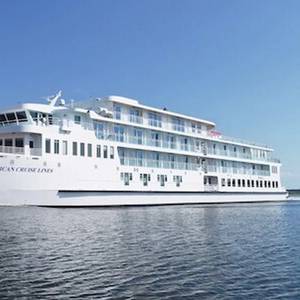
The domestic passenger vessel answers the call for cleaner and more efficient platforms. It is truly an electric time to be a part of this niche industry.In the shadow of a rapidly changing political landscape, the domestic passenger ferry sector is nevertheless seeing an increasing number of newbuild vessel orders.

Dutch offshore installation firm Van Oord has been awarded the prestigious Jan Agema Award 2025 for its contribution to the offshore wind project Borssele III, IV and V.The jury praised the project for its technical innovation, societal relevance, and future-proof design, highlighting it as a powerful response to the urgent energy transition in the North Sea.
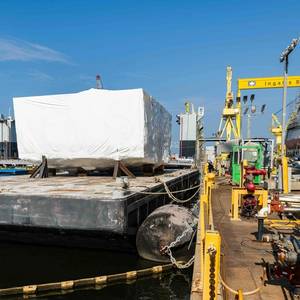
HII is partnering with shipyards and fabricators in multiple states to grow its throughput and meet the increased demand for ships by the U.S. Navy. With its customer’s support, HII is bringing the work to more companies and more jobs in more states, expanding capacity of the U.S. shipbuilding industrial base and improving schedule adherence for all ships built by HII.

July was a standout month for Port Houston’s public terminals, with double-digit growth in key sectors that pushed year-to-date totals to new heights. Container volumes for July were up are markable 21% compared to July 2024, reaching 392,829 twenty-foot equivalent units (TEUs). This is one of the Port’s strongest single-month performances on record.
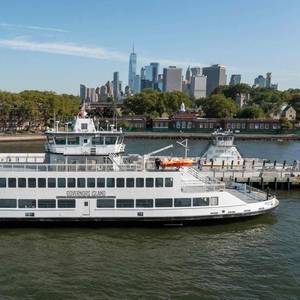
The Trust for Governors Island unveiled its new hybrid-electric ferry, the Harbor Charger, the first of its kind in New York State and aa addition to the Trust’s existing ferry fleet. The arrival of the new boat coincides with the 20-year anniversary of Governors Island opening to the public
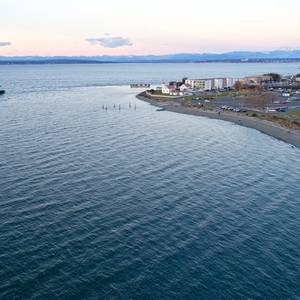
The Washington State Ferries (WSF) vessel Suquamish suffered a significant main engine casualty while operating on the Mukilteo/Clinton route last week causing the vessel to go out of service in the afternoon leaving one vessel in place to support the route.Unfortunately, this disruption occurred as many travelers were returning from one of the largest motorcycle gatherings in the Pacific

There is an estimated 3.5 million square miles of ocean space suitable for finfish mariculture and about five times that suitable for seaweed production. It’s a potential that is being realized around the world as new projects generate benefits for rural communities, cities and the environment.
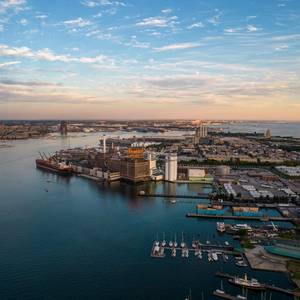
The U.S. Army Corps of Engineers (USACE), Baltimore District, has received more than $218 million in funding for numerous infrastructure improvement, dredging and environmental projects benefiting Maryland, Pennsylvania, southern New York, and the District of Columbia.The financing includes $62 million towards Baltimore Harbor operations and maintenance and $71.
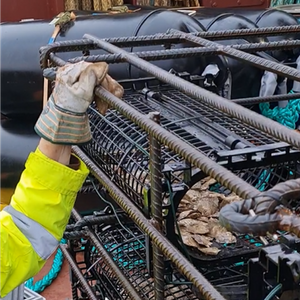
Global aquaculture production has already exceeded wild fisheries production, and space constraints in coastal areas have driven interest in the viability of combining aquaculture with offshore energy installations. New ideas keep coming.An article published in Heliyon this month assessed the potential for growing high-value algae species on decommissioned oil and gas jackets.